When it comes to achieving those coveted abs this summer, it's essential to reconsider some of the common foods and drinks in your diet. Not all calories are equal, especially when it comes to sculpting a six-pack. That's why we're here to present you with a list of 10 foods that should be off-limits if you're serious about defining your abs.
While factors like genetics, exercise routine, and various other elements influence the visibility of your abdominal muscles, it's crucial to remember that your core serves more than just an aesthetic purpose. Besides creating stability and balance within your body, these muscles protect your spine and organs. The accumulation of abdominal fat and water retention significantly affects the definition of your abs. Research suggests that excessive salt intake contributes to fluid retention, while refined sugar can lead to increased abdominal fat. Additionally, certain foods can impact your metabolism, affecting the leanness of your core.
Achieving defined abs doesn't require following an overly restrictive diet. However, starting with a meal plan rich in lean protein, fresh fruits and vegetables, and minimally processed foods is an excellent foundation for attaining your desired results.
To get your core in peak condition for summer activities like pool parties and beach outings, consider modifying your beverage choices and swapping out some meals and snacks for more nutritious alternatives. Remember, all foods can be part of a well-balanced diet, but if you're aiming for a six-pack this summer, here are 10 foods that you should avoid for optimal ab definition.
1) Alcohol:
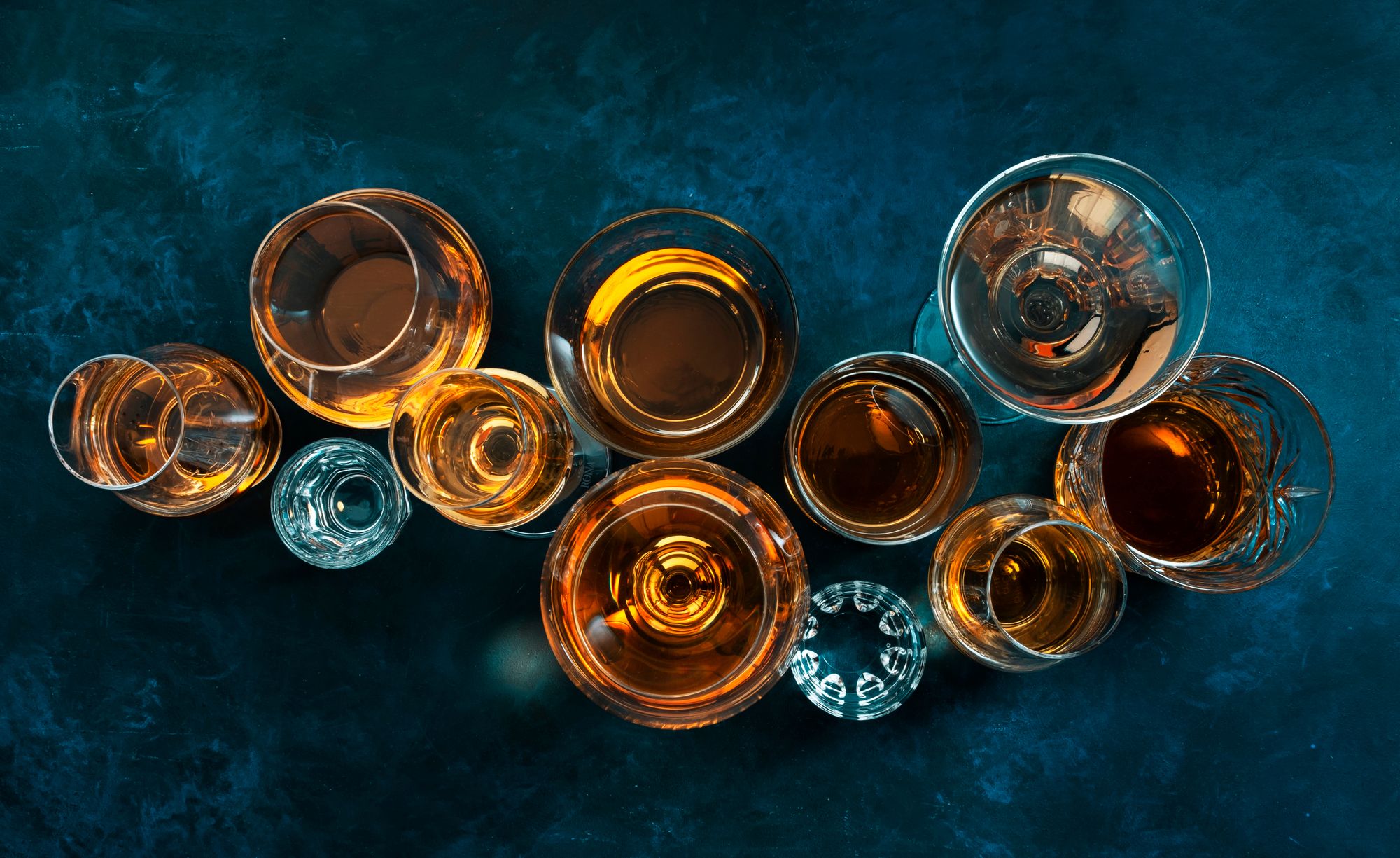
Beer, wine, and cocktails are known for their empty calories, which can contribute to excess calorie intake and hinder your progress. Furthermore, alcoholic beverages often contain added sugar, which can lead to abdominal fat. Research suggests that alcohol consumption on its own is related to higher waist circumference. To promote defined abs, it's better to swap alcohol for refreshing sparkling water.
2) Deli Meats:
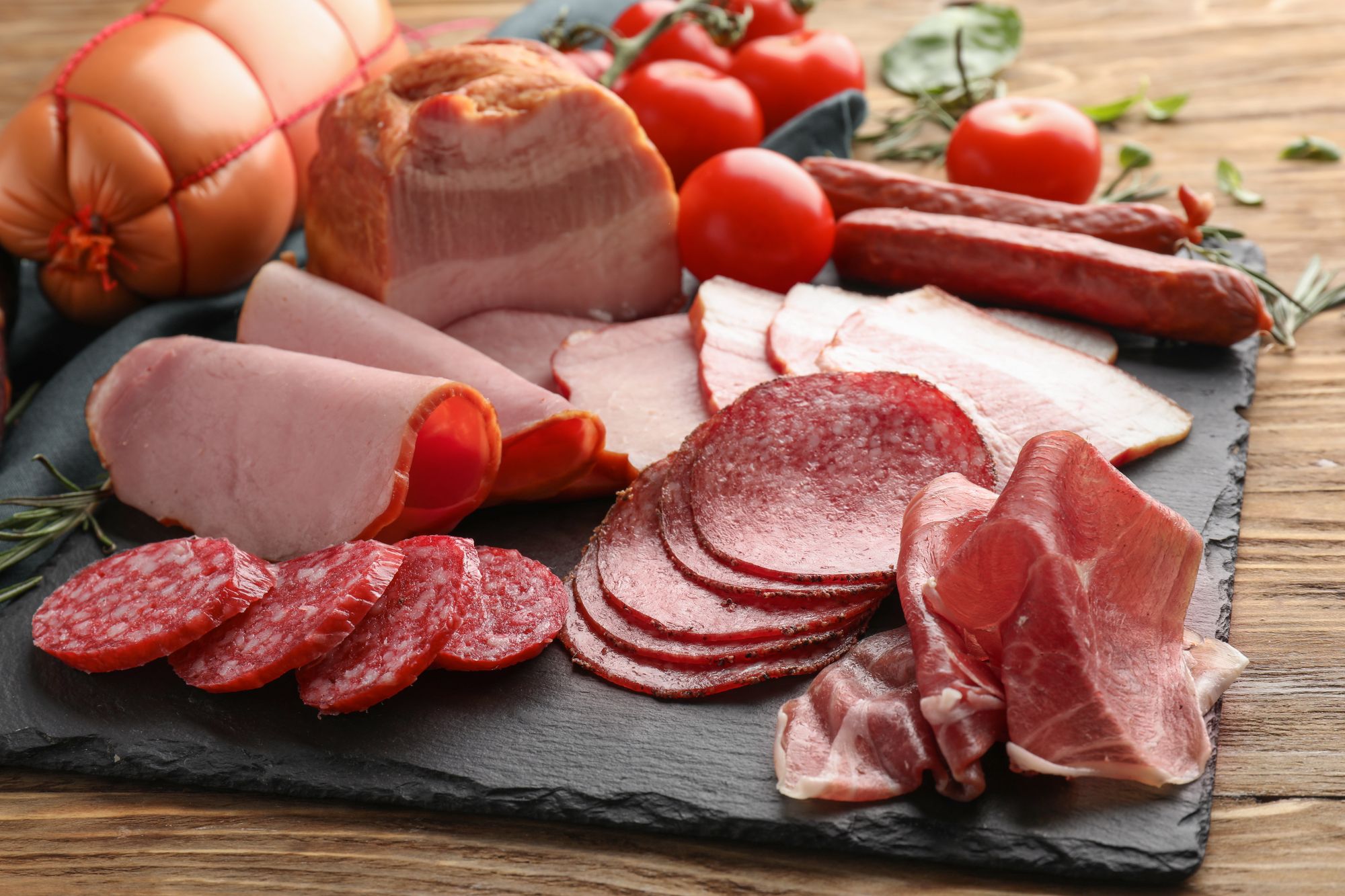
While deli meats like turkey, chicken, ham, and roast beef are convenient and versatile, they can be high in sodium. Excessive sodium intake can result in fluid retention, making your abs less noticeable. Moreover, consuming too much sodium can have negative effects on blood pressure, organ health, and blood vessels. Look for lower-sodium deli meat options or consider alternatives like homemade grilled chicken or baked turkey breast.
3) Sweetened Cereal:
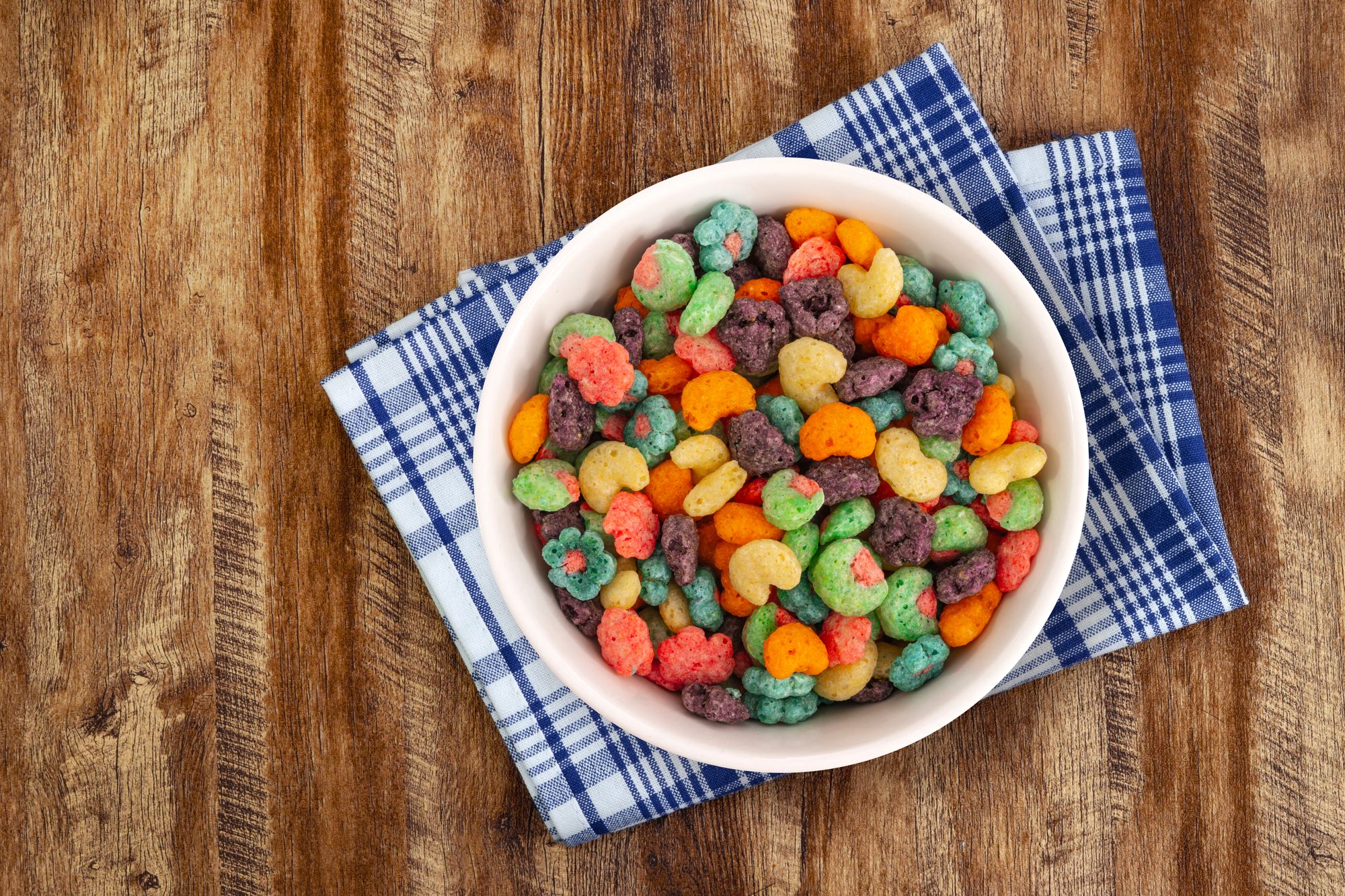
Sugary cereals may be a quick and easy breakfast choice, but they can be detrimental to your abs progress. These cereals are often low in fiber and lack filling properties, leading to larger portion sizes and increased calorie consumption. Opt for cereals that contain at least three grams of fiber per serving and limit added sugar. This will help you work towards your ab goals while still enjoying a crunchy treat.
4) Granola Bars:
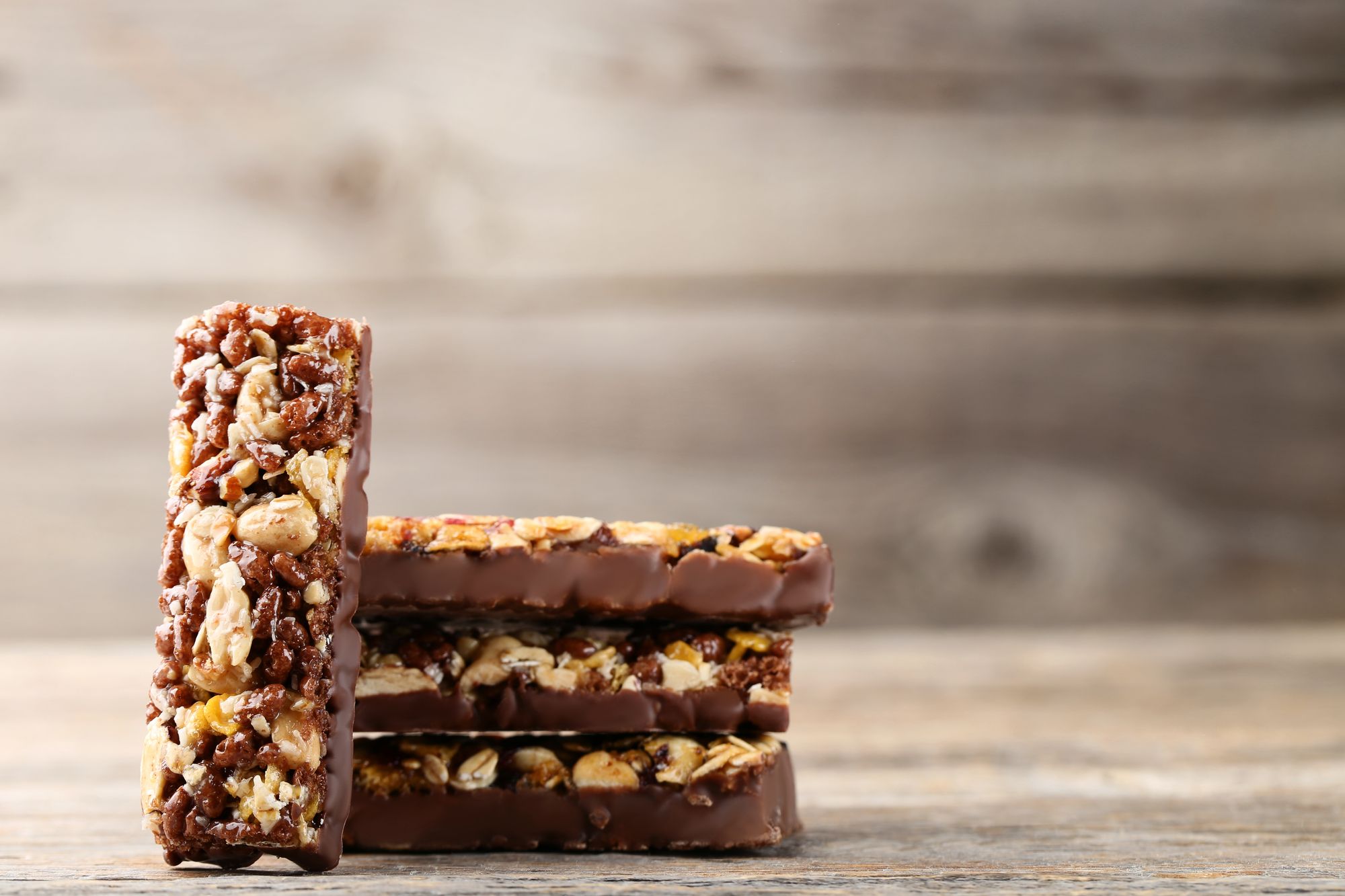
While granola bars are often marketed as healthy snacks, many of them are packed with sugar, low in fiber and protein, and not particularly filling. This combination can contribute to less defined abs and add empty calories to your daily intake. Look for granola bars that have at least three grams of fiber, eight grams of protein, and fewer than five grams of added sugar. Choosing such options will provide a more satisfying and nutritious snack or meal.
5) Sweetened Coffee Drinks:
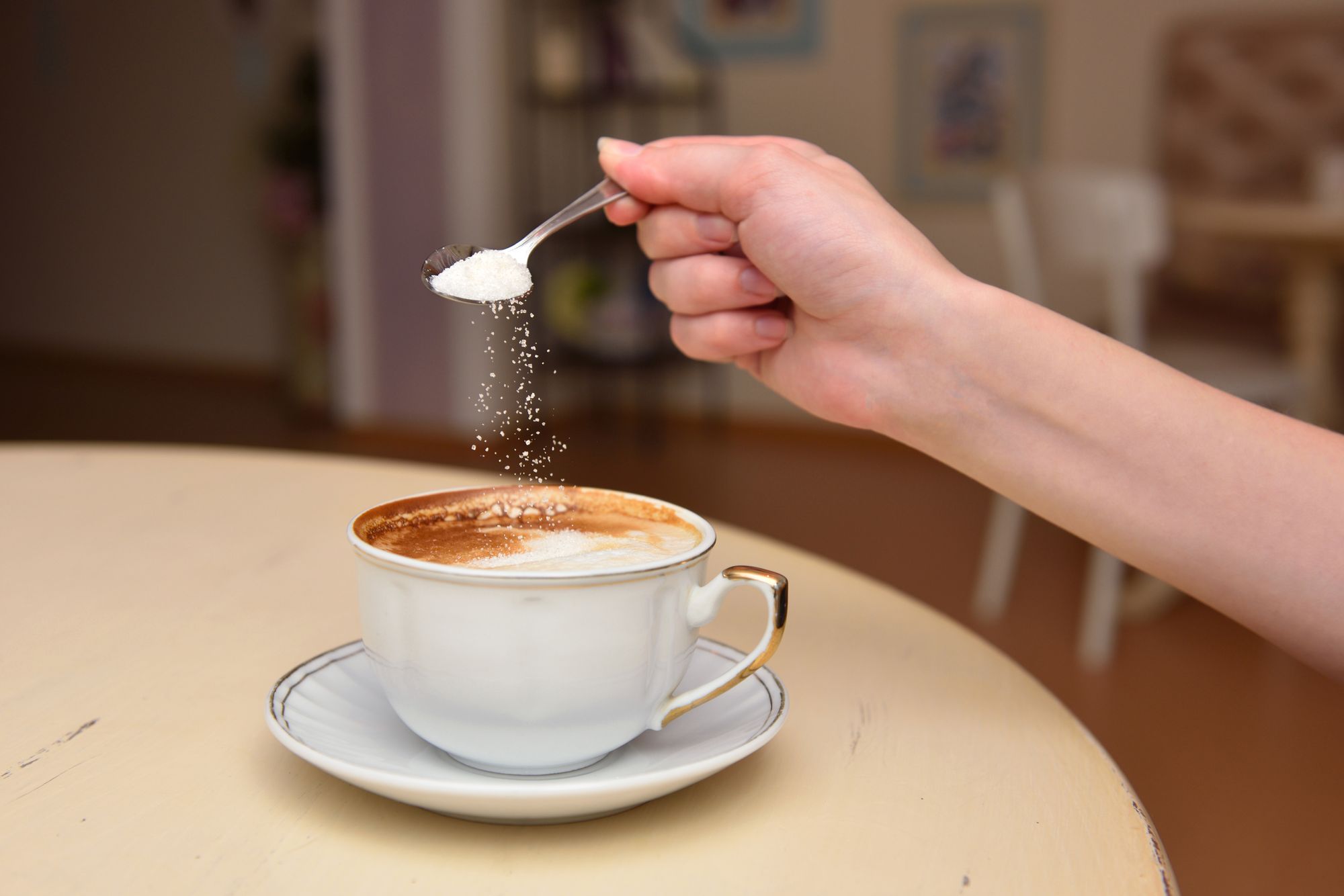
A plain cup of coffee won't hinder your ab goals, as the caffeine in coffee may even help with fat breakdown. However, the problem lies in the milk, cream, and sweeteners often added to coffee drinks. These additions can significantly increase the calorie and sugar content of your beverage. Some coffee drinks can contain over 40 grams of added sugar, which can hinder your progress towards visible abs. Instead of sweeteners, try adding cinnamon for flavor or use unsweetened vanilla-flavored almond milk to lighten your coffee without the extra sugar and calories.
6) Diet Soda:
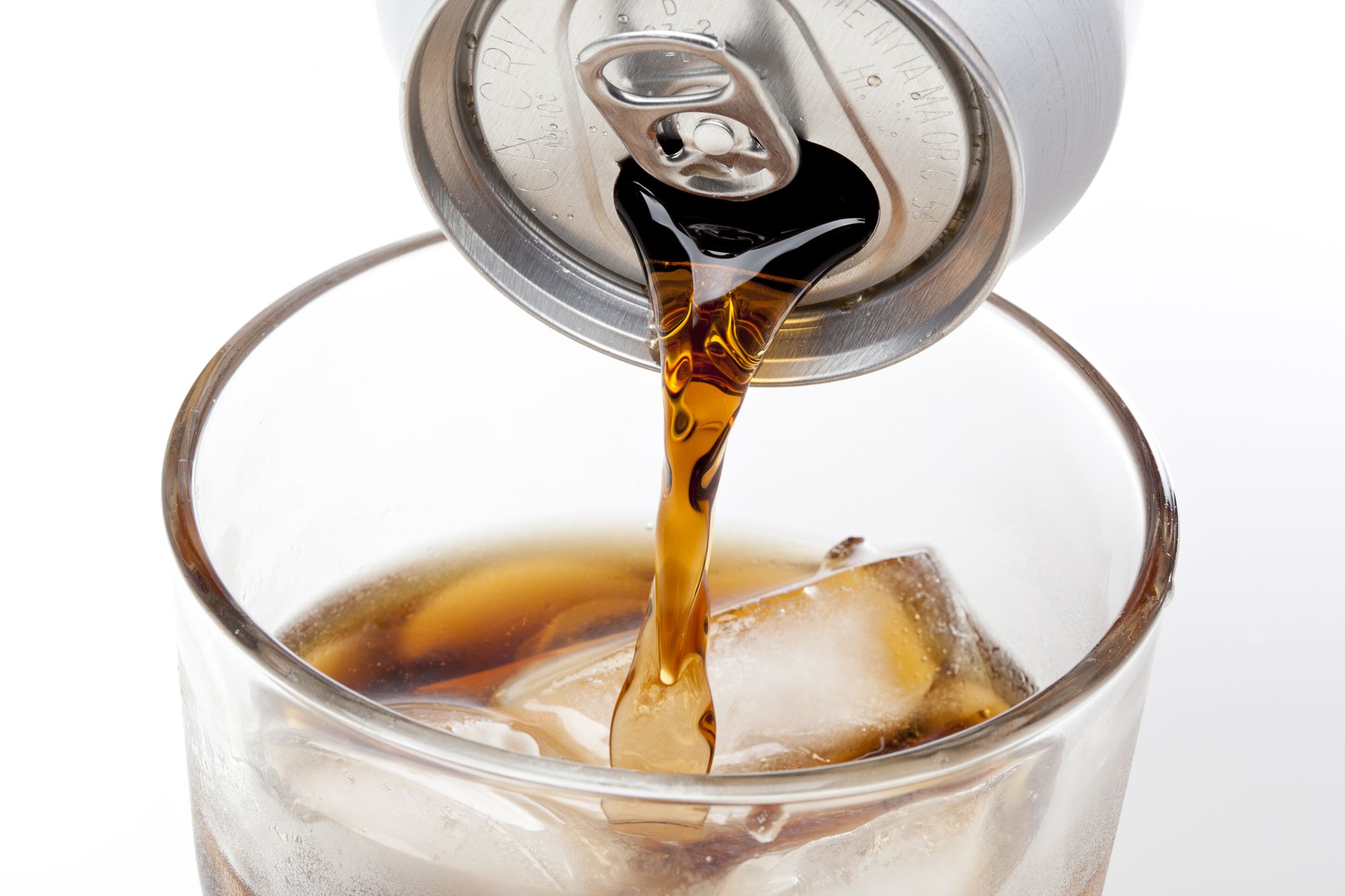
While diet soda may seem like a healthier alternative due to its lack of sugar, research suggests a link between diet soda consumption and increased abdominal obesity. Though the exact mechanism is not fully understood, it is believed that sugar substitutes may disrupt healthy gut microbiota and trigger sugar cravings. If you enjoy carbonated beverages, stick to unsweetened carbonated water and avoid both sugary and diet soda drinks.
7) Fried Foods:
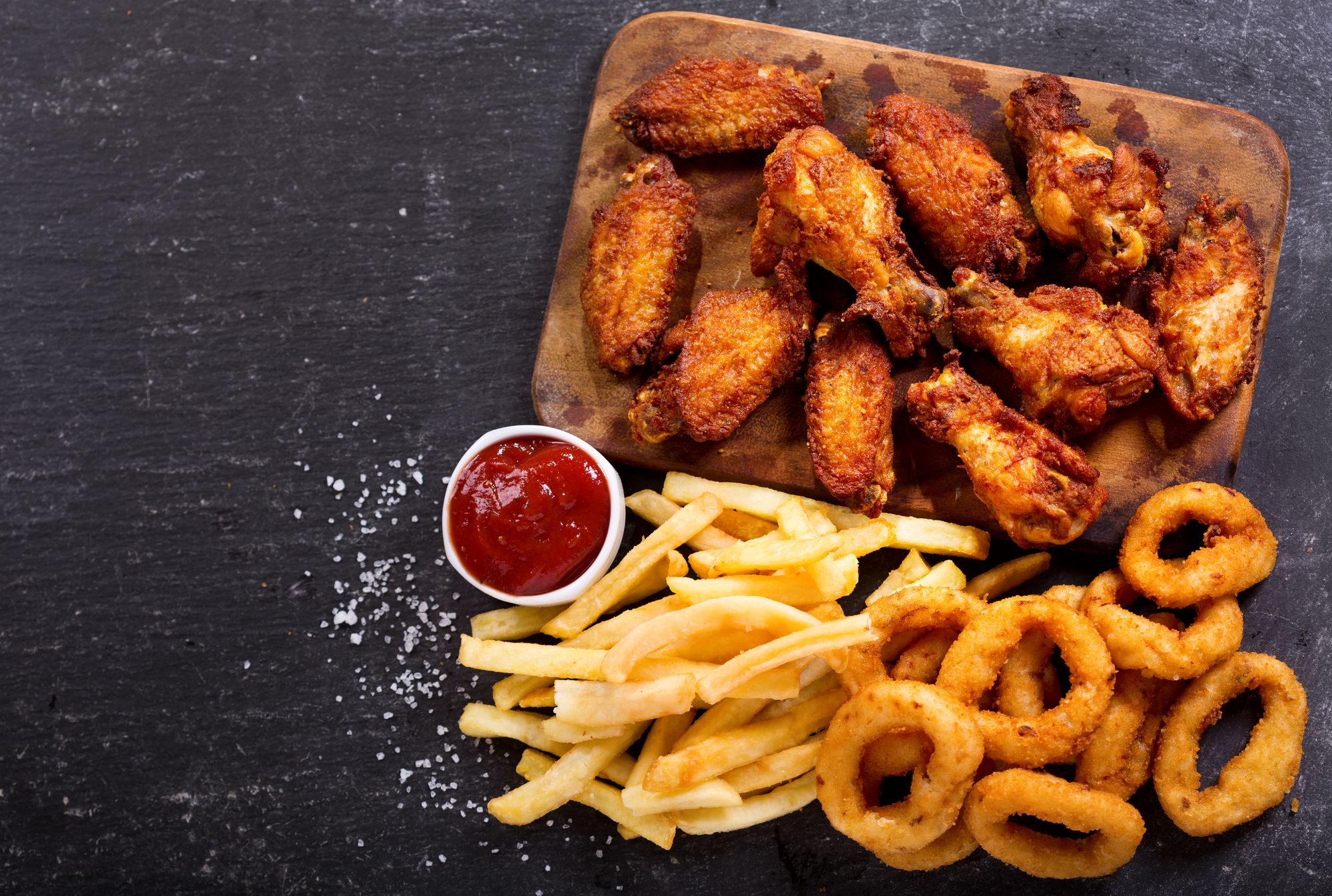
It should come as no surprise that fried foods do no favors for your abs. They are typically high in calories, fat, sodium, and often contain added sugar. From savory chips and fries to dessert-like items such as donuts, fried foods can contribute to water retention, abdominal fat, and excessive calorie intake. To support your ab goals, limit your consumption of fried foods and opt for healthier cooking methods like baking or grilling.
8) Pastries:
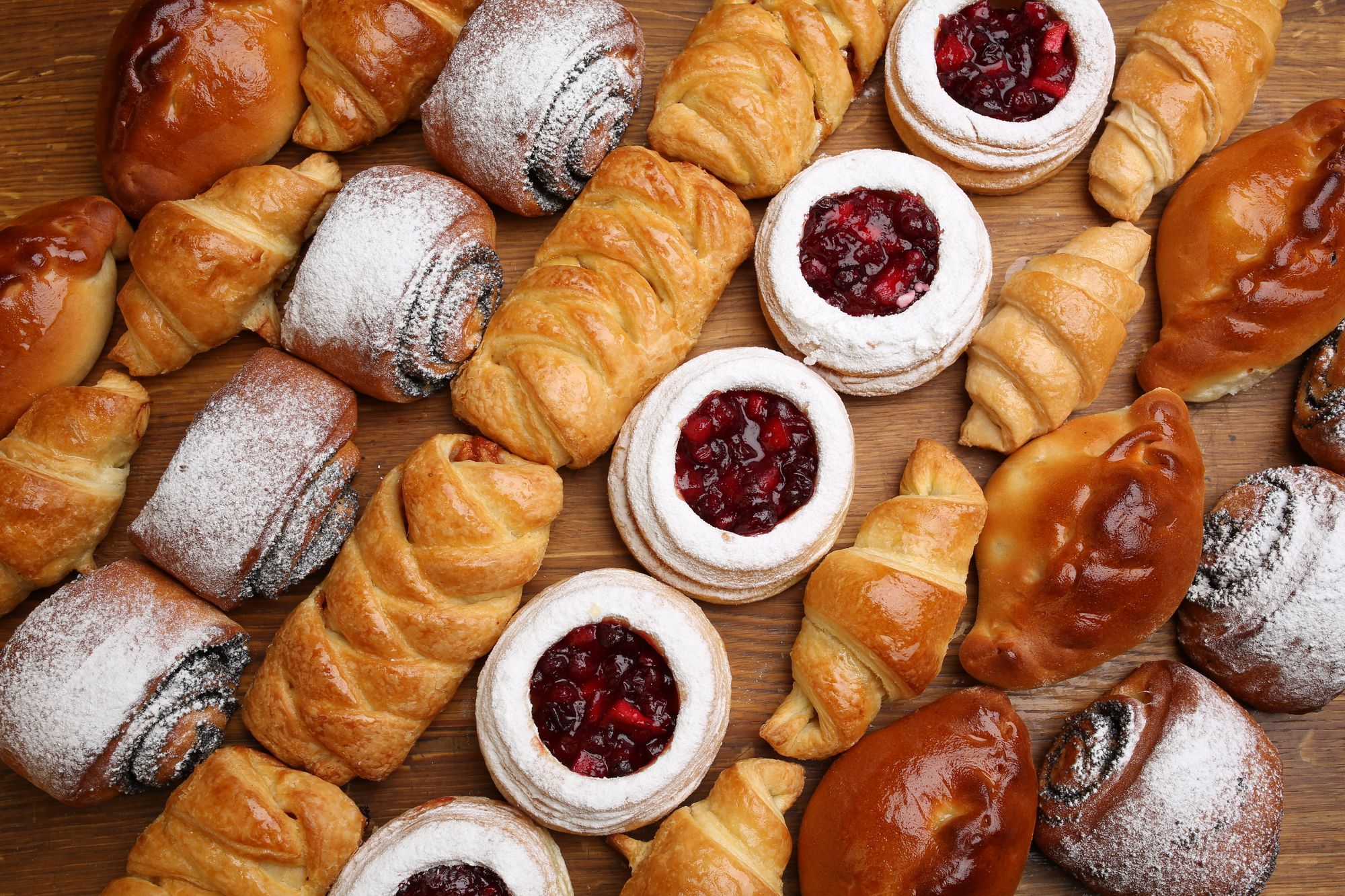
Grabbing a muffin for a quick breakfast may seem innocent, but popular pastries can be loaded with calories and sugar. Some commercially prepared muffins can contain over 500 calories and 40 grams of sugar. Additionally, these pastries are often enjoyed with calorie-rich additions like butter or sweetened jam, making them even more detrimental to your waistline. If you're a fan of quick bread and muffins, consider making your own using unsweetened applesauce instead of sugar and whole wheat flour for a lower-sugar, higher-fiber option.
9) Condiments:
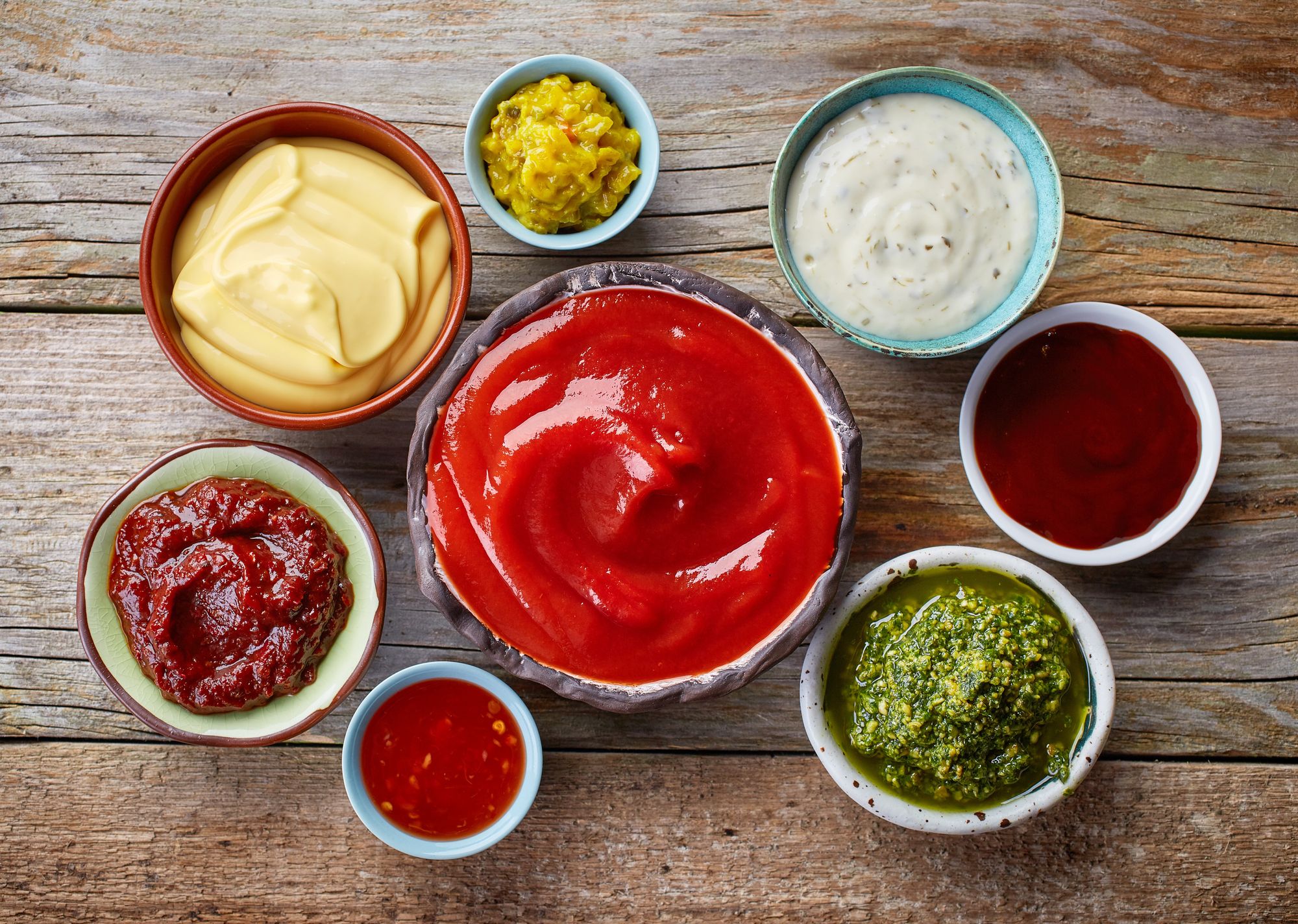
It's important to be cautious with condiments, as they can significantly contribute to your calorie, fat, sodium, and sugar intake. Dressings for salads, mayo, and other common condiments can add flavor to your meals but may hinder your progress towards visible abs. For a healthier approach, choose lower-calorie alternatives like mustard, vinegar, and salsa to add flavor to your food. If you must indulge in traditional condiments, reduce your portion sizes to save on calories, sodium, and sugar.
10) Frozen Pizza:
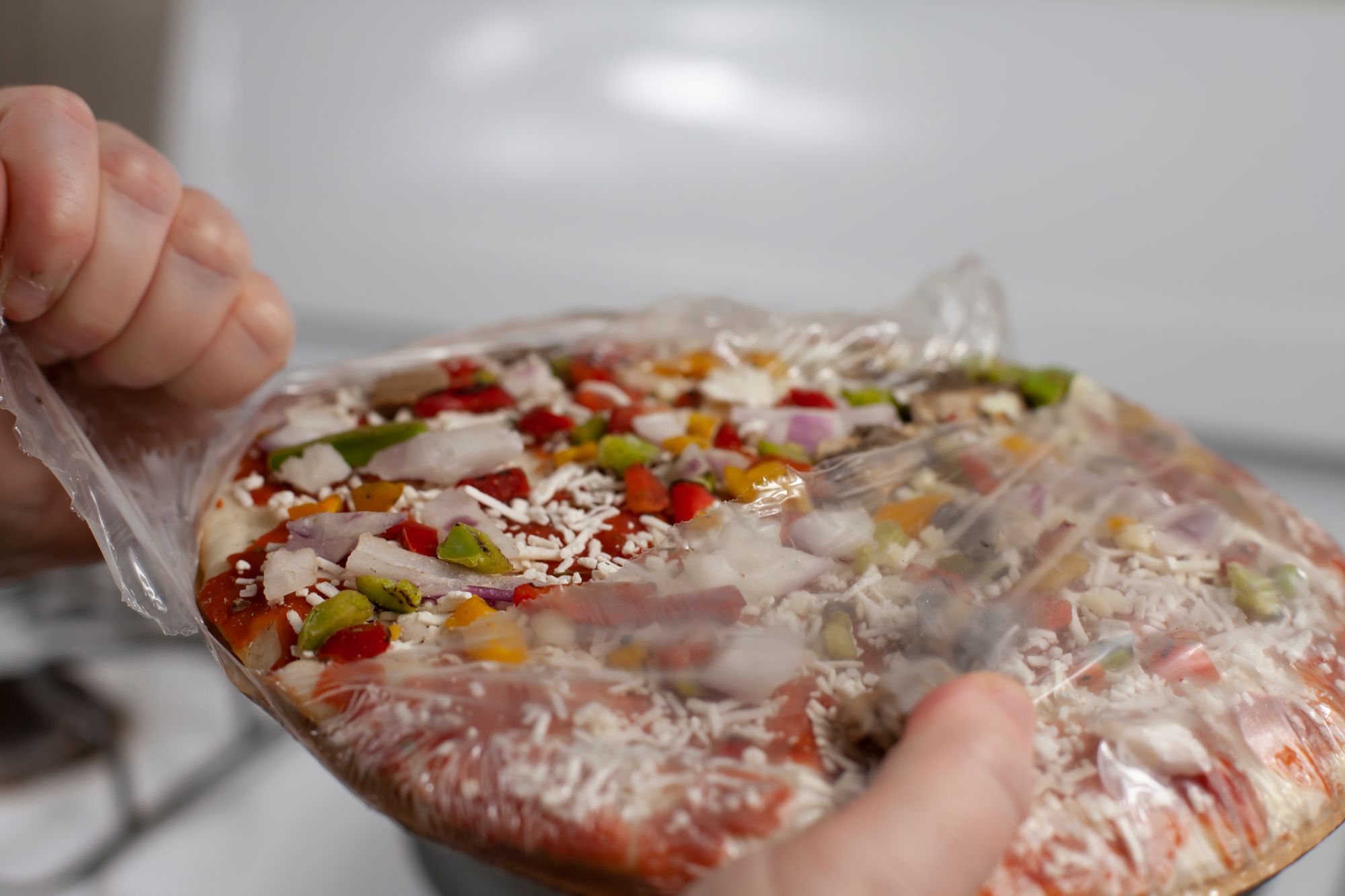
While frozen pizza offers convenience and deliciousness, it can be a challenging food to balance with your abs goals. A single serving of frozen pizza, which is often smaller than what you would typically consume, can provide over 400 calories and a significant amount of sodium. If you double or triple the serving size to match a typical portion of pizza, you'll end up with a meal that is high in calories, fat, sodium, and refined carbohydrates. If you're craving pizza, consider making your own using a whole wheat thin crust, part-skim cheese, and healthier toppings like vegetables and lean ground turkey.

